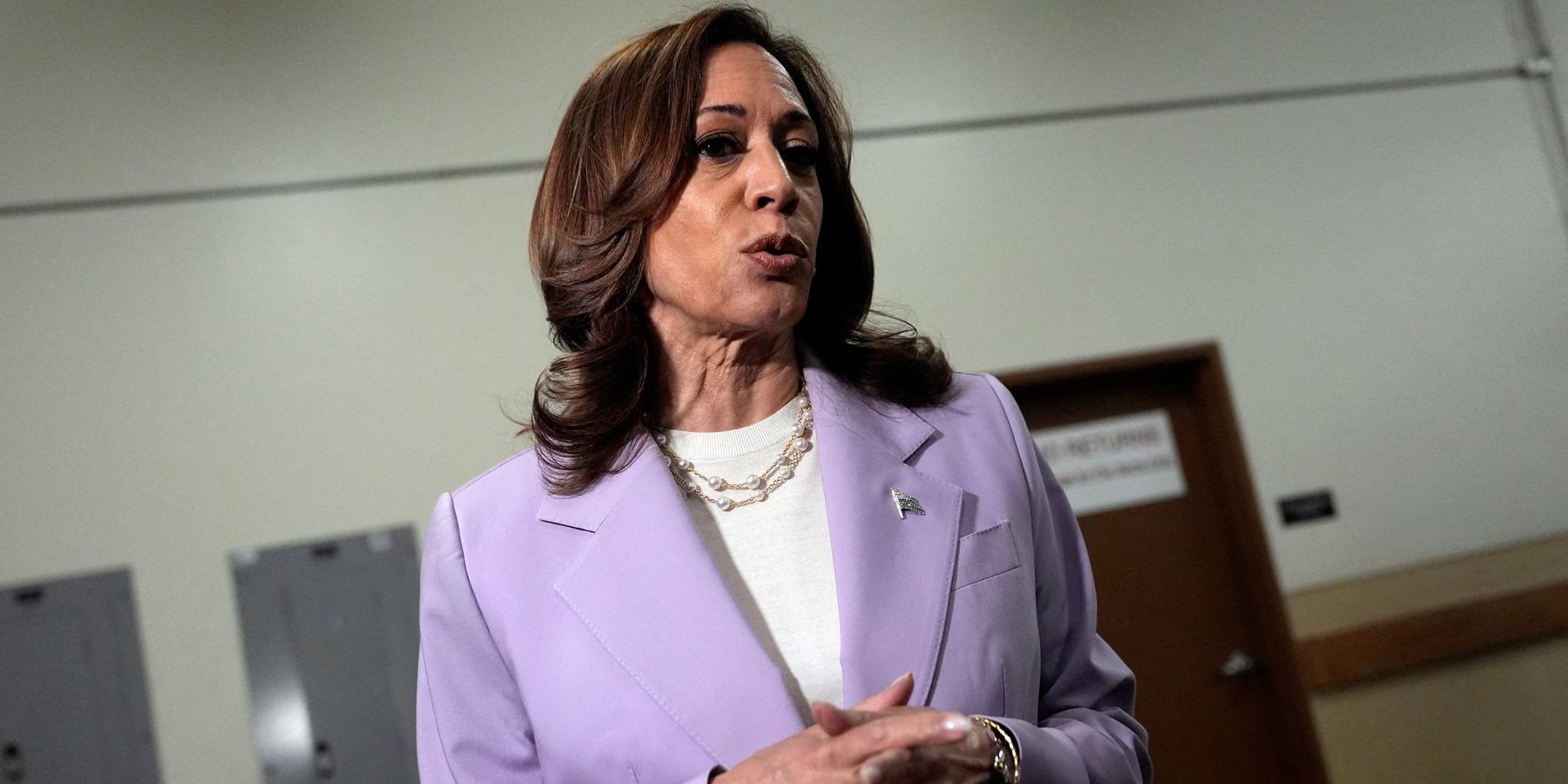Nearly 2% of the Palestinian population has been in killed in Israel’s war in Gaza in the last 10 months with over a 100 dead over the weekend in major attacks.
In addition, some 75,000 people were displaced, yet again, in Khan Younis in southern Gaza, as Israel stepped up the bombing there. "We don’t know where to go,” Amal Abu Yahia, a 42-year-old mother of three, told the Associated Press. “This is my fourth displacement,”
The Gaza Health Ministry, which the U.S. Congress wants silenced, says there are now 39,897 Palestinians dead and more than 92,000 wounded since the start of the war. By all metrics, Israel and Palestinian, a majority of those are innocent civilians.
Presidential candidate and current vice president Kamala Harris said “far too many” civilians are being killed and the IDF has “an important responsibility” to avoid such casualties. She said she and President have been “working around the clock” to get the hostages released and a ceasefire signed. “It needs to get done and it needs to get done now.”
For its part, the White House said it was “deeply concerned.”
Phil Gordon, Harris’s top foreign policy advisor, said about the same. “Far too many innocent Palestinians have been killed. Today’s strike underscores the urgency of a ceasefire and hostage deal, which we continue to work tirelessly to achieve.”
And yet, the Biden administration released $3.5 billion in money to Israel for more weapons on Friday.
The bomb that hit the shelter Saturday has already been identified as American made. Reports starting hitting X of children coming into the hospitals with horrific burns, and of survivors having to quickly gather co-mingled body parts from the street before the next bombing.
One doctor who recently returned from Gaza after volunteering at a hospital said we need a “new vocabulary” to describe what is happening on the ground there.
As of July, the U.S. has sent at least 14,000 2,000-pound bombs, 6,500 500-pound bombs, 3,000 Hellfire precision-guided air-to-ground missiles, 1,000 bunker-buster bombs, 2,600 air-dropped small-diameter bombs, and other munitions.
The money still flows as if Israel will never have enough, and despite the warning signs that Prime Minister Benjamin Netanyahu does not want to end the war, that a ceasefire is forever out of reach, and the hard line members of the ruling Likud party consider Palestinians “human animals” that deserve collective punishment for the Oct. 7 attacks. Public comments that starvation of two million people should be morally justified, as is the gang rape of Palestinian prisoners, should be a clanging alarm bell, but all the Biden administration can muster is that there “ought to be zero tolerance” for such behavior.
There has never been “zero tolerance” considered on the American side. If rape and sexual assault is a violation of the rule of law, which was suggested by the State Department spokesman last week, should the administration be invoking the “Leahy Law” to stop the transfer of weapons to the IDF unit in question? Yes. But the only unit that was ever under such scrutiny was cleared on Friday, and that had nothing to do with the rape, but of actions before Oct. 7.
The result of all of this is the worst status quo imaginable, even if the administration claims it is "working around the clock" to change it. Plus, with the threat of war between Iran-backed Hezbollah and Israel sucking away much of the diplomatic attention, again, the fact that Gaza is being destroyed a little bit more everyday seems to get lost.
"I suspect the administration is continuing to try to have it both ways," charged Annelle Sheline, Quincy Institute Middle East fellow, "push for a ceasefire in hopes of de-escalating regional tensions that are building towards war, but avoid the political liability of being seen as anything but extremely supportive of Israel."
"They persistently fail to grasp or acknowledge that without using pressure, i.e., withholding weapons, Netanyahu has no interest in agreeing to a ceasefire."
The death told is nearing 40,000. Less aid is getting into Gaza than in March when Biden made the declaration that humanitarian assistance for civilians was a "priority" for the United States. As of May, 55% of the total structures in the Gaza Strip were damaged or destroyed. As of July, 88% of industrial/business buildings were damaged or destroyed, according to the United Nation's emergency mapping services.
Soon, there may be nothing left for a ceasefire to mean anything.
















